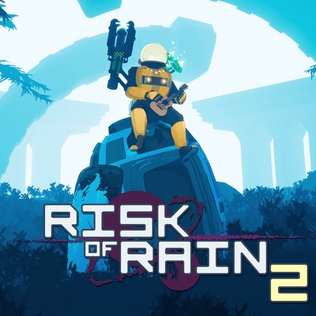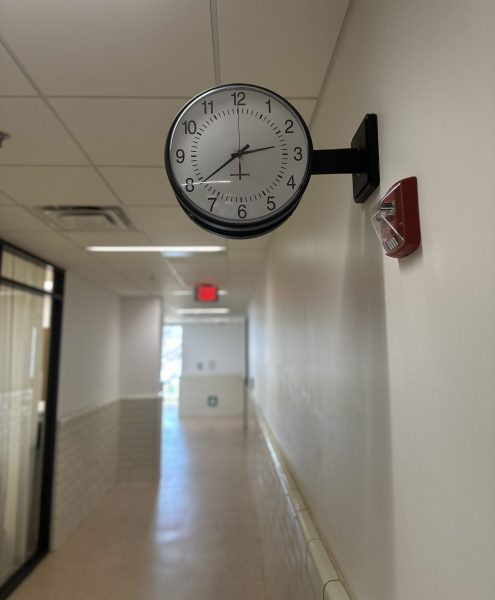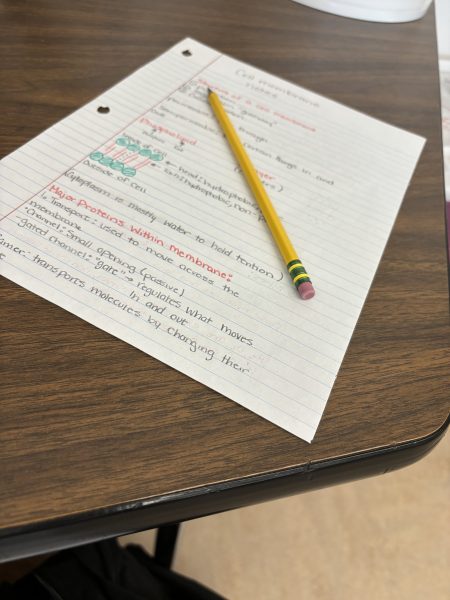Mental illness is no laughing matter
September 17, 2014
The suicide of beloved actor and comedian Robin Williams caused an outpouring of grief and shock. The immediate reaction to William’s decision to take his own life was to ask the question, why? Robin Williams generated positive energy; he spent his life spreading joy to others. He embodied a warmth and spirit that few people possess. He was talented and successful. He had a family and financial security. So, why?
Robin Williams had been public for years about his struggle with substance abuse and bipolar disorder, a disease that affects approximately 5.7 million Americans and causes a series of severe mood changes and often depression.
Reactions to William’s death highlight the misconceptions and stigmas associated with depression, suicide, and mental health. People are afraid to talk about mental illness, yet it affects many Americans. According to the Huffington Post there were approximately 40,000 suicides in the United States in 2011, making it the 10th leading cause of death, above car accidents. Approximately 1 million people attempt suicide each year. Mental illness is a brain disease, as real as cancer, or any other deadly disease. According to government statistics from 2010, 60 percent of Americans with mental illness did not seek treatment because they couldn’t pay for it, they thought they would be fine, or they didn’t want others to find out about it.
Despite the misconceptions that still exist, there has been progression in the understanding of mental illness. Those with mental illness are no longer treated like freaks, blamed for their condition, or hidden away in institutions. There is a greater understanding of the tie between mental illness and addiction.
We will never know what was going on in the mind of Robin Williams, and we will never know exactly what made him act on the decision to end his life. If anything good will come from his death, it is the increase in mental health awareness. With the news of his death, social networking flooded with tributes and calls for greater awareness of mental illness. Typically 90,000 people a day visit the Facebook page of The National Alliance on Mental Illness (NAMI); the day after William’s death, the website had 1.1 million visitors. Direct messages, blogs, and tumblers exploded with people searching for and offering help for mental illness.
What is important is keeping this awareness alive. His suicide affected people around the world. Robin Williams spent his life spreading joy when he had none. If such a beautiful, joyous and selfless man could be so strongly affected by this illness, how many others also suffer in silence?















